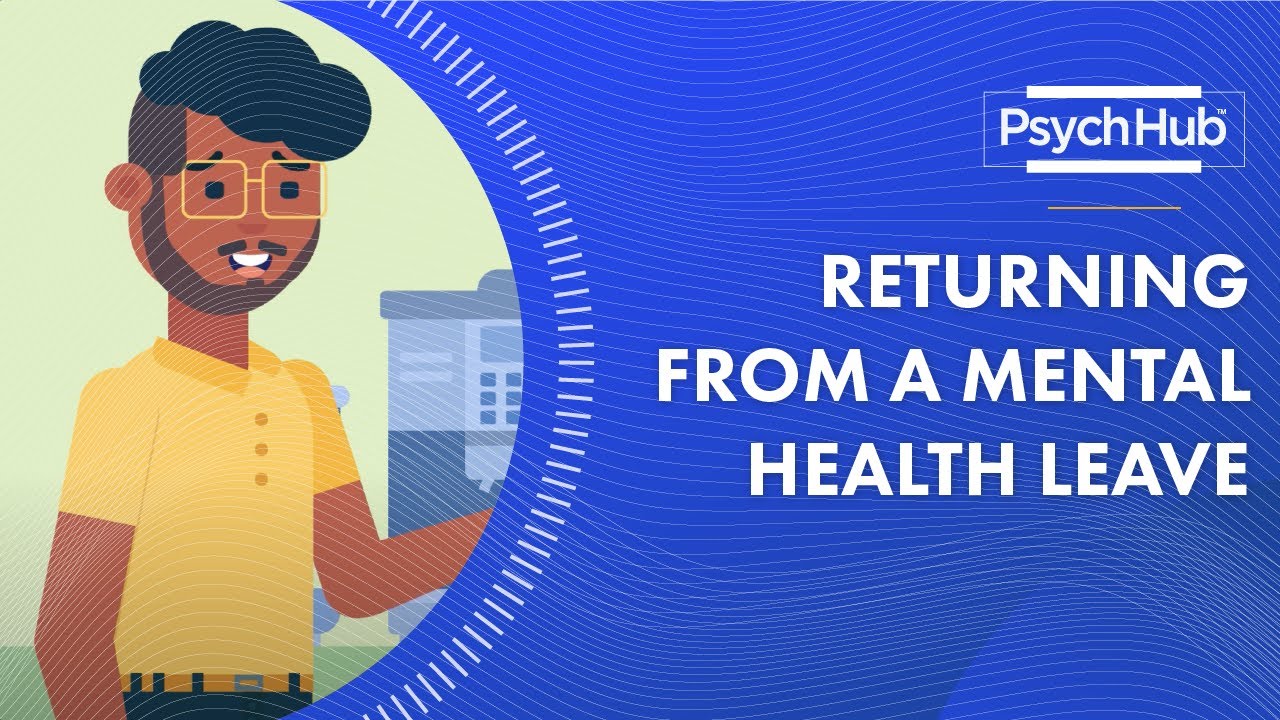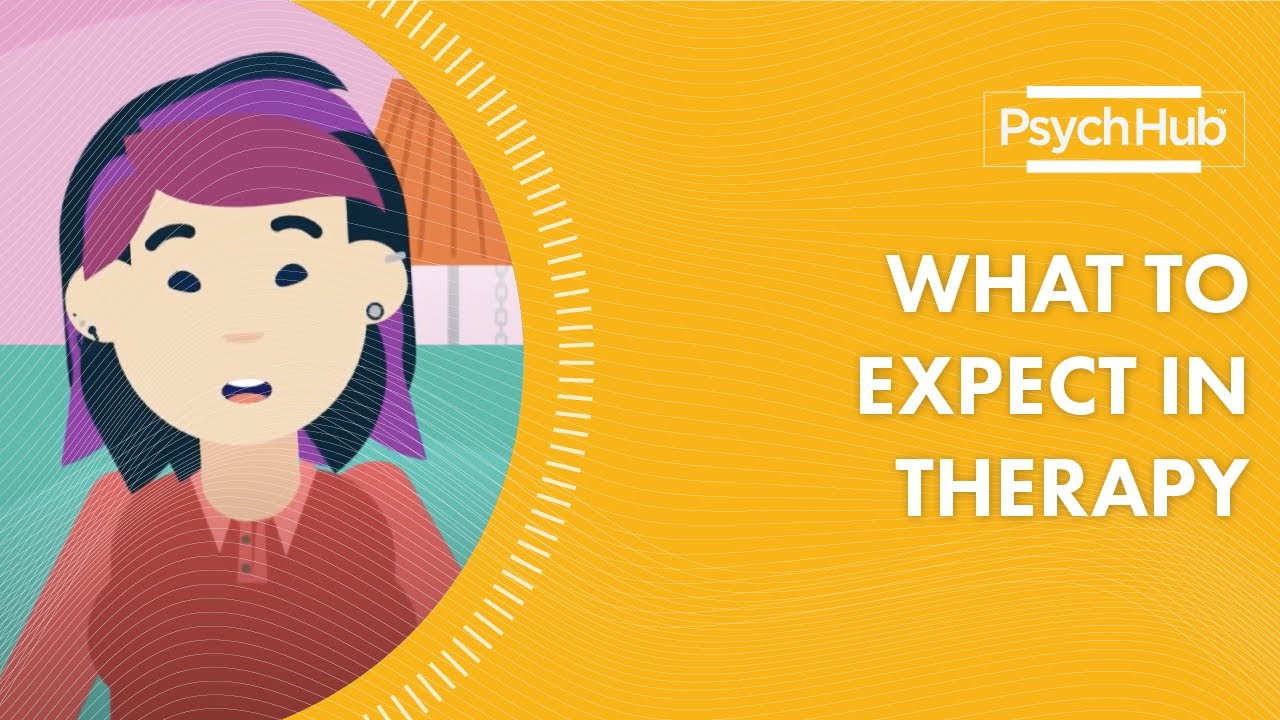Have you ever wondered how just a few minutes of mindfulness meditation each day can transform your mental health?
What is Mindfulness Meditation?
Mindfulness meditation is a practice that involves focusing your mind on the present moment. It opens the canvas of the mind to observe thoughts, feelings, and sensations without judgment. Practiced globally, mindfulness is known for its simplicity yet profound impact on mental well-being.
Key Components of Mindfulness Meditation
| Component | Description |
|---|---|
| Focused Attention | Directing your focus on a specific object (like your breath) without getting distracted by other thoughts. |
| Body Scan | Gradually paying attention to different parts of your body, often from head to toe. |
| Non-Judgmental Awareness | Observing thoughts and feelings without labeling them as “good” or “bad”. |
How to Practice Mindfulness Meditation
Starting with mindfulness meditation doesn’t require any special equipment or location, just a few minutes of your day. Here’s a simple way to begin:
- Find a Quiet Place: Choose a spot where you won’t be disturbed.
- Sit Comfortably: Maintain a posture that keeps your back straight yet relaxed.
- Focus on Your Breath: Close your eyes and concentrate on breathing in and out.
- Observe Without Judgment: Notice your thoughts and sensations as they come and go, without judging them.
Regardless of your experience level, these steps are easy to follow and can result in noticeable benefits.
The Science Behind Mindfulness Meditation and Mental Health
Recent studies have validated the efficacy of mindfulness meditation as a beneficial practice for mental health. Research published in the British Journal of Health Psychology provides compelling evidence for its transformative effects.
Study Insights and Methodology
Researchers from the universities of Bath and Southampton conducted a comprehensive study involving 1,247 adults from 91 countries. They sought to understand the tangible benefits of mindfulness meditation.
Study Design
Participants were divided into two groups:
| Group | Activity |
|---|---|
| Mindfulness Group | Practiced mindfulness meditation for 30 days using the Medito app. |
| Control Group | Listened to excerpts from the book Alice in Wonderland. |
Results and Findings
The results revealed remarkable improvements in mental health for the mindfulness group:
| Metric | Change Observed |
|---|---|
| Depression Symptoms | Decreased by 19.2% |
| Anxiety Symptoms | Decreased by 12.6% |
| Overall Well-Being | Increased by 6.9% |
| Health Attitude | More positive by 7.1% |
| Health Care Intention | Increased by 6.5% |
These benefits persisted even a month after the end of the study, suggesting that regular mindfulness practice can establish lasting healthy habits.

Unexpected Benefits Beyond Mental Health
While the predominant focus of many mindfulness practices is mental health, research indicates that the benefits extend beyond this realm.
Enhanced Physical Health
Practicing mindfulness meditation can positively influence physical health behaviors such as:
- Improved Sleep: Quality of sleep can enhance with regular meditation, leading to better rest and rejuvenation.
- Healthier Lifestyle Choices: Participants in the study reported increased motivation towards healthier lifestyle behaviors like exercise and diet.
Accessibility and Inclusivity of Mindfulness Meditation
One of the standout features of the study is the use of a free mobile app, Medito, making mindfulness accessible to a broad audience. Digital platforms are revolutionizing the way we adopt mental health practices.
The Role of Technology
Dr. Ben Ainsworth highlights the role of digital technology in making mindfulness more accessible:
- User-Friendly Interface: Apps are designed to be intuitive, requiring minimal effort to begin.
- Guided Meditations: Structured programs provide guidance, especially for beginners.
- Flexibility: Users can practice at their convenience, without the constraints of time or location.
Democratizing Mental Health Care
Free and accessible tools like meditation apps democratize mental health care by removing barriers such as cost, location, and expertise.

Starting Your Mindfulness Journey
With an understanding of mindfulness meditation and its proven benefits, embarking on your practice can be enriching. Here’s a practical guide to integrating mindfulness into your daily routine.
Step-by-Step Guide
-
Set Aside Time:
- Begin with just 10 minutes each day.
- Gradually extend the duration as you become more comfortable.
-
Choose the Right Environment:
- Find a quiet, comfortable space.
- Ensure minimal distractions to enhance focus.
-
Select an App or Guide:
- Consider using free apps like Medito, which the study found effective.
- Guided meditations can help you begin and stay on track.
-
Integrate Into Daily Life:
- Pair meditation with daily tasks, such as your morning routine or before bedtime.
- Observe how it fits naturally into your daily schedule.
Tips for Sustaining Your Practice
- Start Small: Don’t overwhelm yourself. Even a few minutes can make a difference.
- Be Consistent: Daily practice is more beneficial than irregular sessions.
- Track Your Progress: Documenting changes in mood and well-being can provide motivation.
Long-Term Impact of Mindfulness Meditation
The benefits of mindfulness meditation aren’t merely short-term. Practicing consistently can lead to long-lasting improvements in mental health.
Sustained Mental Health Benefits
Consistent practice of mindfulness can lead to:
- Reduced Stress: Ongoing practice helps mitigate stress by enhancing emotional regulation.
- Enhanced Resilience: The ability to bounce back from setbacks becomes stronger.
- Improved Cognitive Function: Memory, concentration, and decision-making skills can all improve over time.
Encouraging Proactive Health Behavior
Regular mindfulness meditation fosters a more proactive approach to health:
- Preventive Health Measures: Individuals often become more mindful of their health choices.
- Positive Health Attitudes: A positive outlook towards health and well-being is cultivated.

Conclusion
Mindfulness meditation presents an accessible, effective method for enhancing mental health. With research-backed benefits and the simplicity of practice, you have the ability to foster significant changes in your mental and physical well-being. By integrating just a few minutes of mindfulness into your daily routine, you can embark on a journey towards a healthier, more balanced life.



